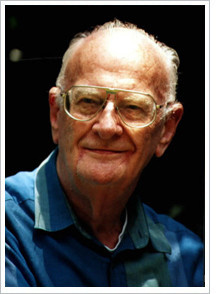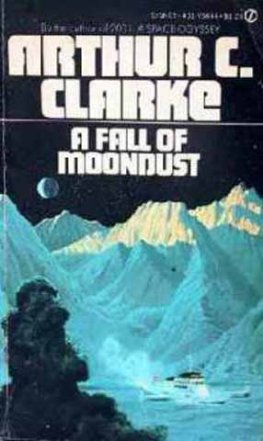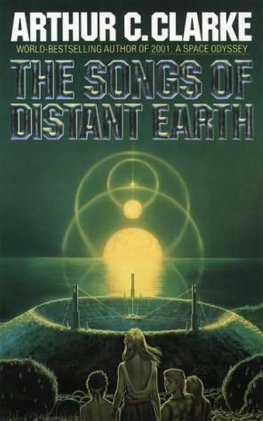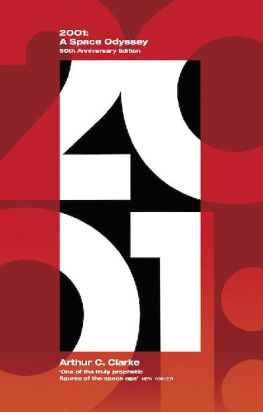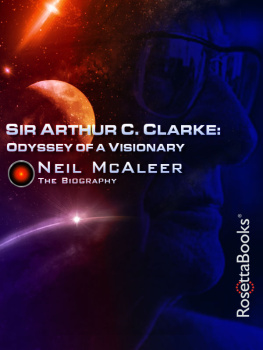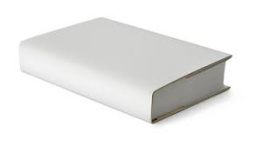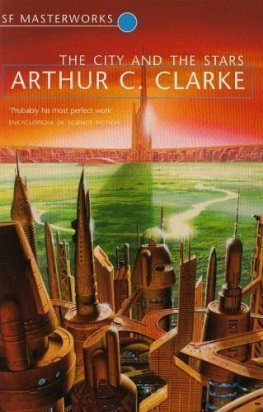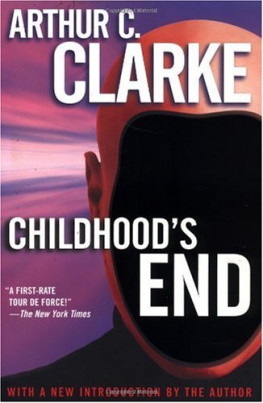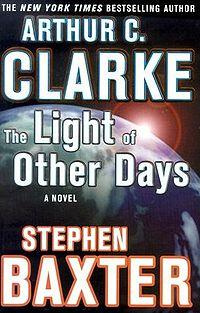Arthur Charles Clarke - The Fountains of Paradise
Here you can read online Arthur Charles Clarke - The Fountains of Paradise full text of the book (entire story) in english for free. Download pdf and epub, get meaning, cover and reviews about this ebook. year: 2001, publisher: Warner/Aspect, genre: Detective and thriller. Description of the work, (preface) as well as reviews are available. Best literature library LitArk.com created for fans of good reading and offers a wide selection of genres:
Romance novel
Science fiction
Adventure
Detective
Science
History
Home and family
Prose
Art
Politics
Computer
Non-fiction
Religion
Business
Children
Humor
Choose a favorite category and find really read worthwhile books. Enjoy immersion in the world of imagination, feel the emotions of the characters or learn something new for yourself, make an fascinating discovery.
- Book:The Fountains of Paradise
- Author:
- Publisher:Warner/Aspect
- Genre:
- Year:2001
- Rating:4 / 5
- Favourites:Add to favourites
- Your mark:
- 80
- 1
- 2
- 3
- 4
- 5
The Fountains of Paradise: summary, description and annotation
We offer to read an annotation, description, summary or preface (depends on what the author of the book "The Fountains of Paradise" wrote himself). If you haven't found the necessary information about the book — write in the comments, we will try to find it.
The Fountains of Paradise — read online for free the complete book (whole text) full work
Below is the text of the book, divided by pages. System saving the place of the last page read, allows you to conveniently read the book "The Fountains of Paradise" online for free, without having to search again every time where you left off. Put a bookmark, and you can go to the page where you finished reading at any time.
Font size:
Interval:
Bookmark:
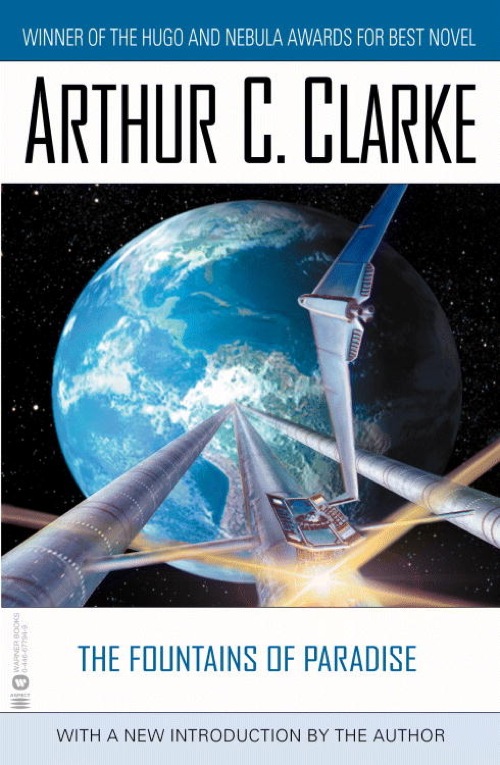
ACCLAIM FOR ONE OF THE LEGENDARY MASTERS OF SPECULATIVE FICTIONINTERNATIONAL BESTSELLER ARTHUR C. CLARKE
Arthur Clarke is probably the most critically admired of all currently active writers of science fiction... awesomely informed about physics and astronomy, and blessed with one of the most astounding imaginations I ever encountered in print.
New York Times
THE FOUNTAINS OF PARADISE is the most considerable work of the latter part of Clarkes career.
Science Fiction Encyclopedia
Our most important visionary writer.
Playboy
Intellectually provocative.
Newsday
Sets the standard for science fiction that is both high-tech and high-class.
Entertainment Weekly
Remarkable.
Los Angeles Times Book Review
Books by Arthur C. Clarke
The Fountains of Paradise
The City and the Stars/The Sands of Mars
(omnibus)
The Ghost from the Grand Banks/The Deep Range
(omnibus)
Cradle
(written with Gentry Lee)
Available from Warner Aspect
To the still-unfading memory
of
LESLIE EKANAYAKE
(13 July 19474 July 1977)
only perfect friend of a lifetime,
in whom were uniquely combined
Loyalty, Intelligence and Compassion.
When your radiant and loving spirit
vanished from this world,
the light went out of many lives.
NIRVANA PRPTO BHYT
Politics and religion are obsolete; the time has come for science and spirituality.
Sri Jawaharlal Nehru
To the Ceylon Association
for the Advancement of Science
Colombo, 15 October 1962
I n the two decades since the 1978 Sources and Acknowledgments was written, there have been some astonishing developments in this particular field of space engineering. The literature is now so extensive that I can no longer keep up with it; I contributed to it myself at the Thirtieth Congress of the International Astronautical Federation at Munich in 1979 (see The Space Elevator: Thought Experiment or Key to the Universe? reprinted in Ascent to Orbit: A Scientific Autobiography, John Wiley & Sons, 1984).
Perhaps most amazing is the discovery of the material that will make the elevator possible. As I suggested in this novel, it is indeed carbonbut not, fortunately, diamond. The unexpected and Nobel Prizewinning discovery of the C60 molecule, Buckminsterfullerene, has opened up the prospect of materials hundreds of times stronger than steel. Indeed, one of the first statements made by Smalley and Kroto when they discovered this material was that it could be used to make a space elevator.
In 1979 I recorded much of the novel on a twelve-inch record (Caedmon, TC 1606). The record sleeve had a long essay about the space elevator, together with a drawing of it reaching from Sri Lanka to geostationary orbitand by a truly incredible coincidence, these were kindly provided by my old friend Buckminster Fuller! What a tragedy that he never lived to see the discovery of the material bearing his name.
The space elevator does indeed seem to be an idea whose time has (almost) come. At a recent workshop at the Marshall Space Flight Center in Alabama, NASA engineers concluded that this is no longer science fiction. (For details, explore their Web site: www.nasa.gov. And that was science fiction when I wrote the novel!)
One of my most valued possessions is a photograph taken aboard the Space Shuttle Atlantis during the first mission (STS 75) to lower a payload on a tetherone small step toward the space elevator. It shows astronaut Jeffrey Hoffman with a copy of this book floating in space beside him. When they returned to Earth, the shuttle crew autographed it and mailed it to me.
Finally, Id like to record that I had the great pleasure of meeting the charming inventor of the space elevator, Yuri Artsutanov, in Leningrad during my visit to Russia in 1982 (see my collection of essays 1984: Spring a Choice of Futures), and I am glad that Yuri has now received recognition for his brilliant and daring concept.
Colombo, Sri Lanka
21 September 2000
From Paradise to Taprobane is forty leagues; there may be heard the sound of the Fountains of Paradise.
Traditional
Reported by Friar Marignolli, A . D . 1335
T he country I have called Taprobane does not quite exist, but is about ninety percent congruent with the island of Ceylon (now Sri Lanka). Though the Sources and Acknowledgments will make clear what locations, events, and personalities are based on fact, the reader will not go far wrong in assuming that the more unlikely the story, the closer it is to reality.
The name Taprobane is now usually spoken to rhyme with plain, but the correct classical pronunciation is Tap-ROB-a-neeas Milton, of course, in Paradise Regained, Book IV, well knew:
From India and the golden Chersoness
And utmost Indian Isle Taprobane...
The Palace
Kalidasa
T he crown grew heavier with each passing year. When the Venerable Bodhidharma Mahanayake Thero hadso reluctantlyfirst placed it upon his head, Prince Kalidasa was surprised by its lightness. Now, twenty years later, King Kalidasa gladly relinquished the jewel-encrusted band of gold whenever court etiquette allowed.
There was little of that here, upon the wind-swept summit of the rock fortress; few envoys or petitioners sought audience on its forbidding heights. Many of those who made the journey to Yakkagala turned back at the final ascent, through the very jaws of the crouching lion that seemed always about to spring from the face of the rock.
An old king could never sit upon this heaven-aspiring throne. One day, Kalidasa would be too feeble to reach his own palace. But he doubted if that day would ever come; his many enemies would spare him the humiliations of age.
Those enemies were gathering now. He glanced toward the north, as if he could already see the armies of his half-brother, returning to claim the bloodstained throne of Taprobane. But that threat was still far off, across monsoon-riven seas. Although Kalidasa put more trust in his spies than in his astrologers, it was comforting to know that they agreed on this.
Malgara, making plans and gathering the support of foreign kings, had waited almost twenty years. A yet more patient and subtle enemy lay much nearer at hand, forever watching from the southern sky.
The perfect cone of Sri Kanda, the Sacred Mountain, looked very close today as it towered above the central plain. Since the beginning of history, it had struck awe into the heart of every man who saw it. Always, Kalidasa was aware of its brooding presence, and of the power that it symbolized.
And yet the Mahanayake Thero had no armies, no screaming war elephants tossing brazen tusks as they charged into battle. The High Priest was only an old man in an orange robe, whose sole material possessions were a begging bowl and a palm leaf to shield him from the sun. While the lesser monks and acolytes chanted the scriptures around him, he merely sat in cross-legged silenceand somehow tampered with the destinies of kings. It was very strange....
The air was so clear today that Kalidasa could see the temple, dwarfed by distance to a tiny white arrowhead on the very summit of Sri Kanda. It did not look like any work of man, and it reminded the King of the still-greater mountains he had glimpsed in his youth, when he had been half guest, half hostage at the court of Mahinda the Great. All the giants that guarded Mahindas empire bore such crowns, formed of a dazzling, crystalline substance for which there was no word in the language of Taprobane. The Hindus believed that it was a kind of water, magically transformed, but Kalidasa laughed at such superstitions.
Font size:
Interval:
Bookmark:
Similar books «The Fountains of Paradise»
Look at similar books to The Fountains of Paradise. We have selected literature similar in name and meaning in the hope of providing readers with more options to find new, interesting, not yet read works.
Discussion, reviews of the book The Fountains of Paradise and just readers' own opinions. Leave your comments, write what you think about the work, its meaning or the main characters. Specify what exactly you liked and what you didn't like, and why you think so.


